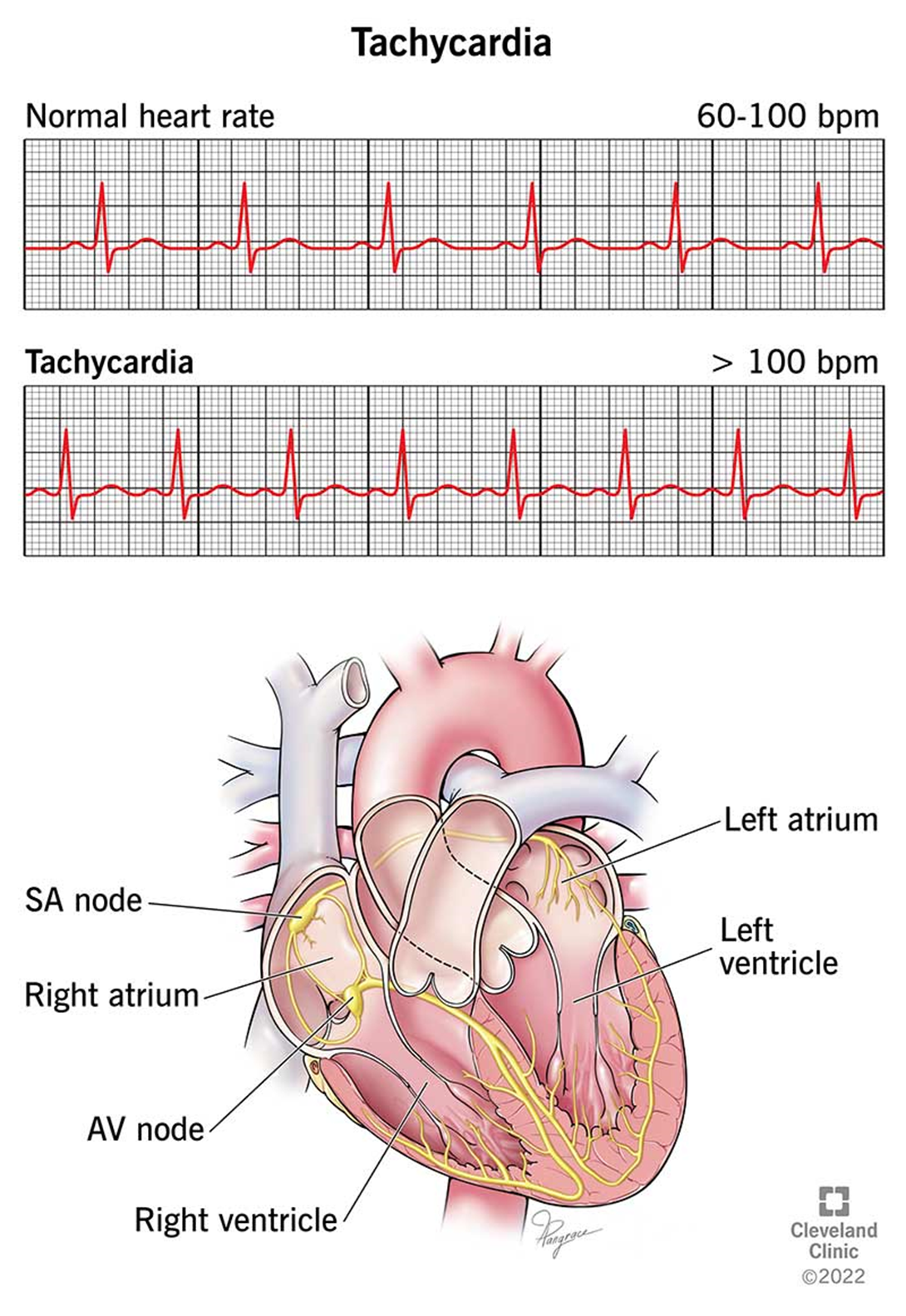A nurse is assessing a client who has heart failure and is prescribed furosemide. Which of the following findings is an adverse effect of this medication?
Hypokalemia
Hypoglycemia
Weight gain
Increased blood pressure
The Correct Answer is A
Choice A reason: Hypokalemia is a low level of potassium in the blood. Furosemide is a loop diuretic that increases the excretion of water and electrolytes, including potassium. Hypokalemia can cause muscle weakness, cramps, arrhythmias, and digoxin toxicity.
Choice B reason: Hypoglycemia is a low level of glucose in the blood. Furosemide does not affect blood glucose levels or insulin secretion. Hypoglycemia may be caused by other factors such as diabetes medications, fasting, or alcohol intake.
Choice C reason: Weight gain is not an adverse effect of furosemide. Furosemide causes weight loss by reducing fluid retention and edema. Weight gain may be a sign of worsening heart failure or fluid overload.
Choice D reason: Increased blood pressure is not an adverse effect of furosemide. Furosemide lowers blood pressure by decreasing blood volume and cardiac preload. Increased blood pressure may be caused by other factors such as salt intake, stress, or kidney disease.
Nursing Test Bank
Naxlex Comprehensive Predictor Exams
Related Questions
Correct Answer is A
Explanation
Choice A reason: Tachycardia is a possible adverse effect of theophylline, as it is a methylxanthine that stimulates the central nervous system and the cardiac muscle. The nurse should instruct the client to monitor their pulse rate and report any palpitations, chest pain, or irregular heartbeat.

Choice B reason: Drowsiness is not a likely adverse effect of theophylline, as it is a stimulant that increases alertness and energy. The nurse should caution the client to avoid taking the medication close to bedtime, as it may cause insomnia.
Choice C reason: Constipation is not a common adverse effect of theophylline, as it does not affect the gastrointestinal motility or secretion. The nurse should advise the client to maintain a balanced diet, adequate fluid intake, and regular exercise to prevent constipation.
Choice D reason: Oliguria is not a typical adverse effect of theophylline, as it does not impair the renal function or cause fluid retention. The nurse should encourage the client to drink enough fluids to prevent dehydration and maintain a normal urine output.
Correct Answer is C
Explanation
Choice A reason: This is incorrect because constipation is not a common or serious adverse effect of antihistamines. However, the patient should increase their fluid and fiber intake and exercise regularly to prevent constipation.
Choice B reason: This is incorrect because abdominal cramps are not a common or serious adverse effect of antihistamines. However, the patient should avoid spicy or fatty foods and take the antihistamine with food or milk to prevent stomach irritation.
Choice C reason: This is correct because drowsiness is one of the most common and bothersome adverse effects of antihistamines. The patient should avoid driving or operating machinery if they experience drowsiness and take the antihistamine at bedtime.
Choice D reason: This is incorrect because decreased libido is not a common or serious adverse effect of antihistamines. However, the patient should inform their provider if they experience any sexual dysfunction or mood changes while taking the antihistamine.
Whether you are a student looking to ace your exams or a practicing nurse seeking to enhance your expertise , our nursing education contents will empower you with the confidence and competence to make a difference in the lives of patients and become a respected leader in the healthcare field.
Visit Naxlex, invest in your future and unlock endless possibilities with our unparalleled nursing education contents today
Report Wrong Answer on the Current Question
Do you disagree with the answer? If yes, what is your expected answer? Explain.
Kindly be descriptive with the issue you are facing.
